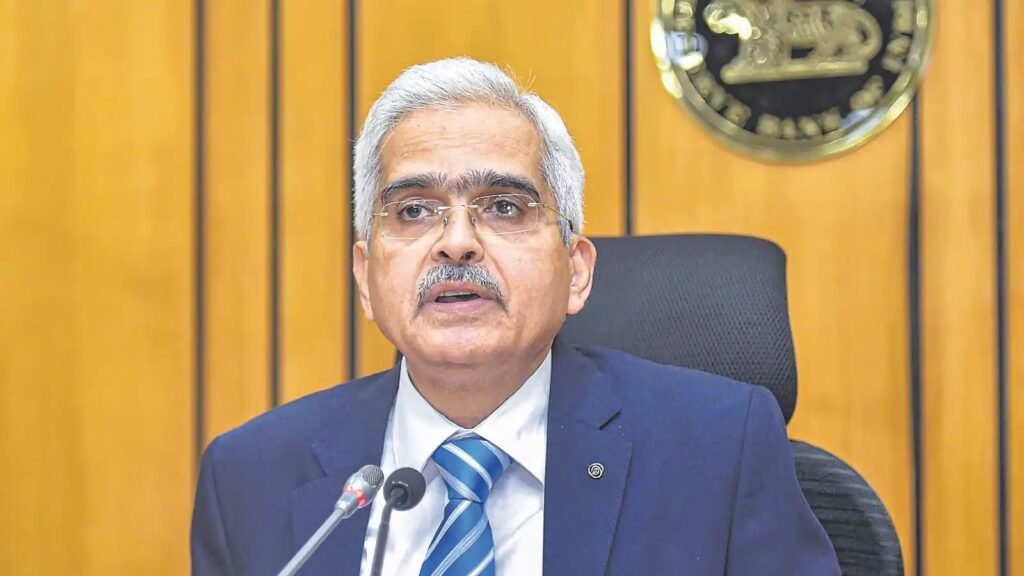- The digital payments industry in India and the role of payment system operators (PSOs) in ensuring its growth and success.
- The RBI had directed PSOs to implement an ODR system for disputes and grievances related to failed transactions in their respective payment systems by January 1, 2021.
India’s digital payments industry has experienced tremendous growth in recent years, with over 10 billion retail digital payment transactions processed in January 2023 alone. However, Reserve Bank of India governor Shaktikanta Das has raised concerns over payment system operators (PSOs) who are unwilling to comply with regulatory instructions, leading to low customer satisfaction and potential risks to cyber security and data privacy.
In this article, we discuss the importance of PSOs embracing initiatives that deal with public money, upgrading their systems, focusing on good governance and risk management, and maintaining robust IT infrastructure to promote the ease and convenience of digital payments while mitigating potential risks.
RBI Governor Shaktikanta Das on Compliance with Regulatory Instructions by PSOs
The digital payments industry has grown rapidly in India over the past few years, but some payment system operators (PSOs) are unwilling to comply with regulatory instructions, according to Reserve Bank of India governor Shaktikanta Das. While the RBI has introduced an Online Dispute Resolution (ODR) system for failed transactions, Das noted that few PSOs have actually enabled it. This raises concerns about customer satisfaction and the need for PSOs to embrace initiatives that deal with public money.

The Online Dispute Resolution (ODR)
Online Dispute Resolution (ODR) is a system provided by the Reserve Bank of India to help customers resolve disputes related to failed digital payment transactions. The ODR system enables customers to lodge complaints and resolve disputes related to digital payments through an online platform. It is an efficient and convenient way for customers to seek resolution of their grievances, without having to visit a physical branch or office. However, according to RBI governor Shaktikanta Das, few payment system operators (PSOs) have actually enabled the ODR system, raising concerns about customer satisfaction and the need for PSOs to embrace initiatives that deal with public money.
Payment System Operators (PSOs) in India’s Digital Economy
Payment System Operators (PSOs) are entities that provide digital payment services to customers. They act as intermediaries between the payer and the payee in a digital transaction, facilitating the transfer of funds from one account to another. PSOs include banks, non-banking financial companies (NBFCs), payment banks, and other authorized entities that are licensed by the Reserve Bank of India (RBI) to provide digital payment services. They play a critical role in the digital economy by ensuring the safe, secure, and efficient processing of digital payments.
India’s Digital Payments Industry: Size and Efficiency
The size and efficiency of India’s digital payments industry is significant, with 10.5 billion retail digital payment transactions worth Rs. 51 trillion processed in January 2023 alone. Since PSOs are heavily dependent on technology, they must constantly upgrade their systems to remain relevant and increase efficiency. Legacy systems must be updated to bring them in line with changing realities. However, some PSOs display unwillingness to comply with regulatory instructions, citing various reasons like the cost of carrying out system-level changes.
The Role of PSOs in Ensuring Resilient and Safe Digital Payments
Governor Das noted that PSOs have a big responsibility to ensure that digital payments are resilient and safe, as a single bad experience of the customer with digital payments may drive them away to other channels or modes of payments. The launch of UPI linkage with Singapore’s PayNow is a major step forward in the payments space, and in future, such linkages with other countries will make cross-border payments simple, affordable, and real-time. QR code-based merchant payments through UPI apps are already enabled in Bhutan, Singapore, and the UAE, which would help project India’s soft power at the global level.
Potential Risks and Mitigation Measures for PSOs in the Digital Payments Industry
However, the increase in digital payments also highlights potential risks pertaining to cyber security, data privacy, and operational resilience. PSOs must always be cognizant of the emerging threats and put in place suitable risk mitigation measures. A related area that requires focus is outsourcing arrangements of PSOs with their vendors. Service level agreements with vendors should meet minimum standards prescribed by the Reserve Bank, and PSOs’ right to conduct an audit of the service provider must always be ensured.
Leveraging Jan Dhan Accounts and Ensuring Good Governance by PSOs
Governor Das highlighted the importance of leveraging Jan Dhan accounts, of which over 48 crore have been opened. PSOs have an important role to play in creating awareness and countering misinformation to help people realize the ease that digital payments can bring to their lives. Going forward, PSOs should specifically focus on ensuring good governance and prudent risk management, maintaining robust IT infrastructure with cyber resilience, and putting in place a responsive grievance redress mechanism for long-term success.
Future Directions for PSOs in the Digital Payments Industry
Efforts may also be made for ensuring wider participation in the framework for offline payments. PSOs may also work on the formation of Self-Regulatory Organizations (SROs) for the greater good of all stakeholders. It is crucial for PSOs to conduct a detailed root cause analysis of every failed transaction, every fraud attempted or actually carried out, and every complaint that is not satisfactorily addressed, as this will help prevent future incidents.
In conclusion, the digital payments industry in India has grown significantly, but PSOs must comply with regulatory instructions, upgrade their systems, and focus on good governance, prudent risk management, and maintaining robust IT infrastructure. By doing so, they can help increase customer satisfaction and promote the ease and convenience of digital payments, while also mitigating potential risks pertaining to cyber security, data privacy, and operational resilience.
(India CSR Research)







